Welcome
The Participatory Design Conference (PDC) is a conference with a long history in bringing together scholars who present research on the direct involvement of people in design, development, implementation, and appropriation activities of information and communication technologies, spaces, artefacts, and services. PDC brings together a multidisciplinary and international group of researchers and practitioners encompassing a wide range of issues that emerge around participatory design, encountered and discussed in multiple fields. These include, but are not limited to, HCI (Human-Computer Interaction), CSCW (Computer Supported Cooperative Work), co-design, design research, CSCL (Computer Supported Collaborative Learning), ICT4D (Information and Communication Technology for Development), development studies, design anthropology, sociology, media studies, participatory architecture and spatial planning, and participatory arts.
In 2018, the Participatory Design Conference will be held in Belgium, in a year that is characterised by municipal elections in the region. Not only on a local level are things in motion; we are facing several challenges on a global level too: growing economic and social inequalities, growing migration rates, and a rise of xenophobia, right-wing upsurge and securitarian policies. PDC 2018’s theme, Participatory Design, Politics and Democracy, questions both the role of participatory design practitioners in the PD processes themselves and in the changing political landscape.
From a methodological perspective, we will discuss how researchers and practitioners in academia, private and public organisations deal with design as a democratic process. To what extent can and should PD be a fully democratic process, and how is this achieved in everyday practice? How does the growing embedding of design, researchers and research labs in people’s everyday lives and environments contribute to design as a democratic process?
From a thematic perspective, we will discuss how important political themes are to contemporary participatory designers, how the actions of participatory designers relate to activism, and how PD can contribute to giving form to our political systems. What could be meaningful political strategies for PD? How do such strategies connect to the political tradition in PD and how do they renovate PD political commitment? How could PD be an appropriate political tactic in contemporary societies?
As, for the first time in years, public advertising posters, tv and radio commercials are allowed in political campaigns in Belgium, we would also like to question how PD can be an approach to engage people in debate on political issues and in the framing of campaigns. Therefore, PDC will immerse in the urban fabric of the cities of Genk and Hasselt as venues for presenting and discussing current PD research in the form of lectures, exhibitions, workshops and interventions.

